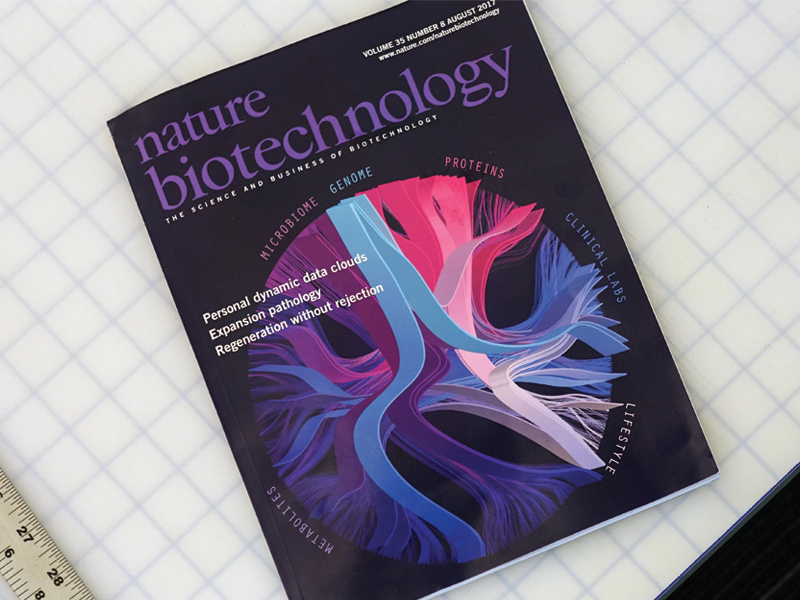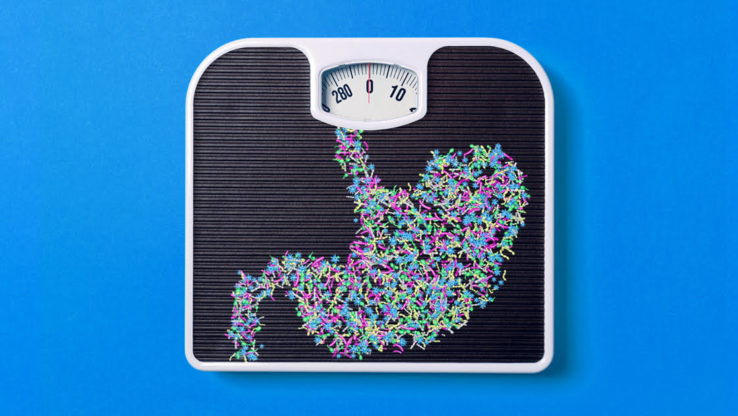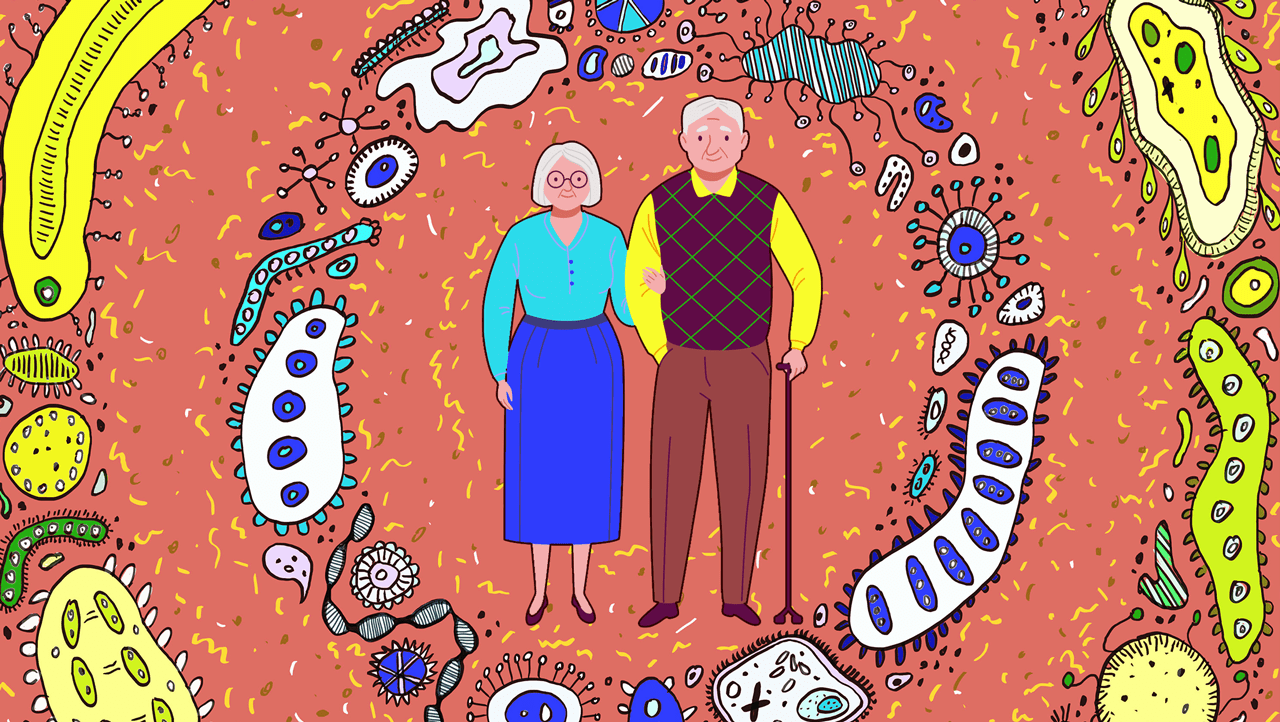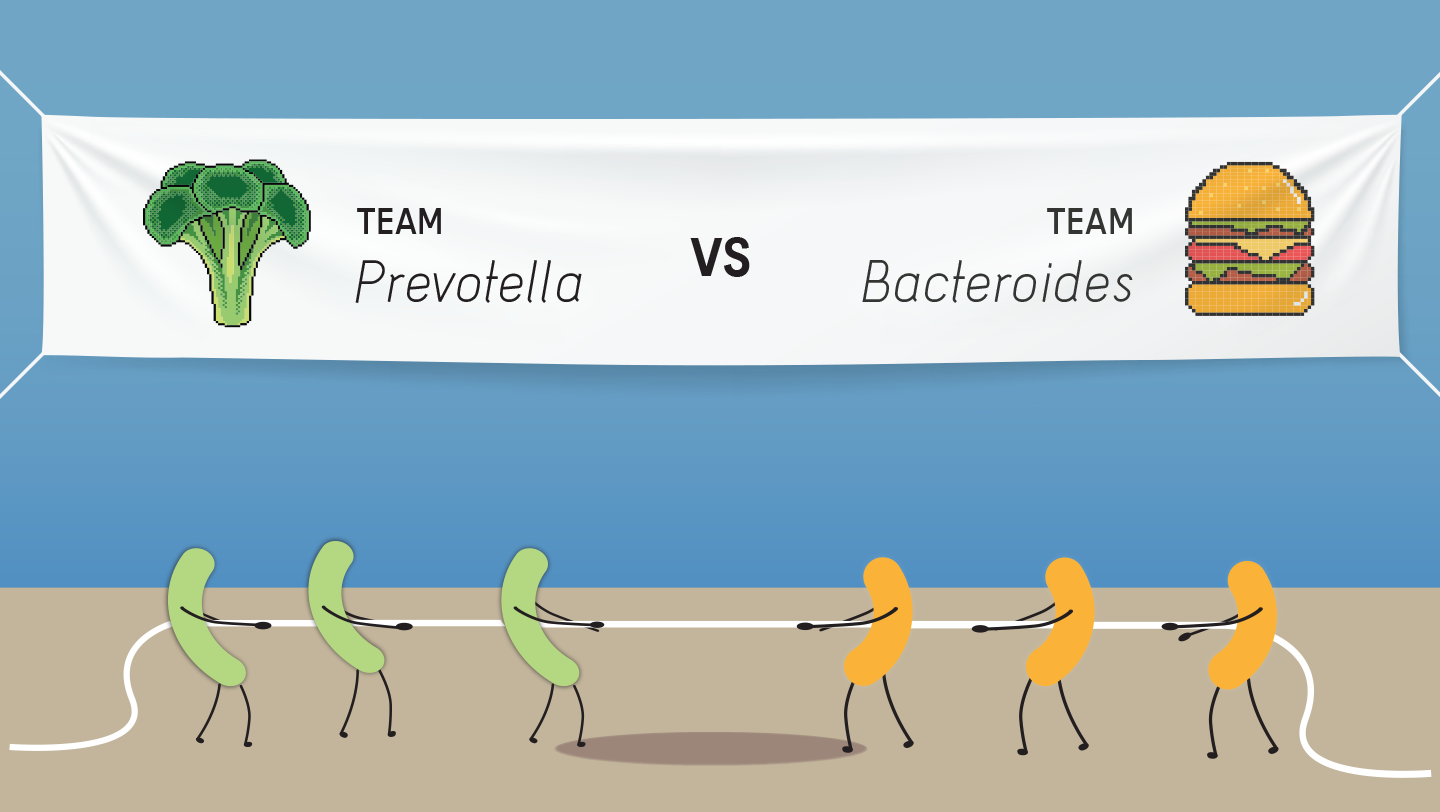This website uses cookies so that we can provide you with the best user experience possible. Cookie information is stored in your browser and performs functions such as recognising you when you return to our website and helping our team to understand which sections of the website you find most interesting and useful.
Autoimmune Disease and Pregnancy: ISB Study Challenges Prevailing Wisdom, Unveils Nuances
at the Institute for Systems Biology
Autoimmune Disease and Pregnancy: ISB Study Challenges Prevailing Wisdom, Unveils Nuances
An ISB-led study showed nuanced pregnancy outcomes for pregnant individuals with autoimmune disease. The findings reinforce that there isn’t a one-size-fits-all approach, and provides important new avenues for further investigation.

Personalized Coaching Decreases Cognitive Decline in Early-Stage Alzheimer’s Disease Patients
Supplementing the standard of treatment for Alzheimer’s disease patients with personalized lifestyle coaching leads to less cognitive decline compared to standard of treatment alone, according to an ISB-led two-year study. The results were published in the Journal of Alzheimer’s Disease.
Risk Factors for Severe COVID-19 in Hospitalized Adults Differ by Age
A just-published study provides new information about which hospitalized COVID-19 patients are most likely to need mechanical ventilation or to die. The ISB-led work shows that vital signs and lab results at the time of hospital admission are the most accurate predictors of disease severity, more so than comorbidities and demographics.
Predicting ‘Long COVID’ At Initial Point of COVID-19 Diagnosis
Researchers have identified several factors that can be measured at the initial point of COVID-19 diagnosis that anticipate if a patient is likely to develop long COVID. They also found that mild cases of COVID-19, not just severe cases, are associated with long COVID. Their findings were published by the journal Cell.
Maternal COVID-19 Infection Increases Risks of Preterm Birth, Low Birth Weight and Stillbirth
An ISB-led study examined the electronic health records of more than 18,000 people with SARS-CoV-2 tests during pregnancy, and found that those who contracted COVID-19 while pregnant were more likely to have poor birth outcomes including preterm birth, small for gestational age, low birth weight, and stillbirth.

COVID-19 Outcome Disparities Across Racial/Ethnic Lines
ISB researchers and their collaborators looked at the electronic health records of nearly 630,000 patients who were tested for SARS-CoV-2, and found stark disparities in COVID-19 outcomes — odds of infection, hospitalization, and in-hospital mortality — between White and non-White minority racial and ethnic groups.

Bile Acids Provide More Evidence of the Gut Microbiome’s Effect on Alzheimer’s Disease
ISB researchers and their collaborators are looking beyond the one-drug, one-solution approach that has thus far failed in Alzheimer’s disease research. Instead, they are focusing on other promising research avenues, such as the possible role of the gut microbiome in dementia.

ISB Researchers Show Genetic Risk for Disease Often Reflected in Our Blood
Diseases develop gradually over years, sometimes decades, before symptoms appear, and are due to malfunctioning physiological processes brought about by our genes and environment. In research published in the journal Proceedings of the National Academy of Sciences (PNAS), ISB researchers have shown how an individual’s genetic risk for disease is often reflected in their blood.

Mysteries of Cell Fate Unlocked with New Measurement and Modeling Techniques
In the cellular process of differentiation, information about the concentrations of an important class of proteins residing in a cell’s nucleus has been lacking, a missing link needed for scientists to fully understand how the process works. ISB researchers have quantified this important class of proteins that play a key role in the formation of red blood cells.

How Old Are You? Your Body Might Disagree With That Answer
Researchers at ISB harnessed deep molecular and physiological information to determine an individual’s biological age, which they found was reflective of overall health compared to chronological age. The findings were published in the Journals of Gerontology: Series A.

Our Artwork Featured On Cover of Nature Biotechnology
The Institute for Systems Biology and Arivale “Pioneer 100 Study” is featured on the cover of August’s Nature Biotechnology. The artwork was created by ISB’s Associate Director of Communications Allison Kudla in collaboration with contributing author John C. Earls, software engineer in the Hood-Price Lab. About the cover: A subset of statistically significant correlations are extruded in three-dimensional space. Price et al. describe the integration of whole genome sequences; clinical…









